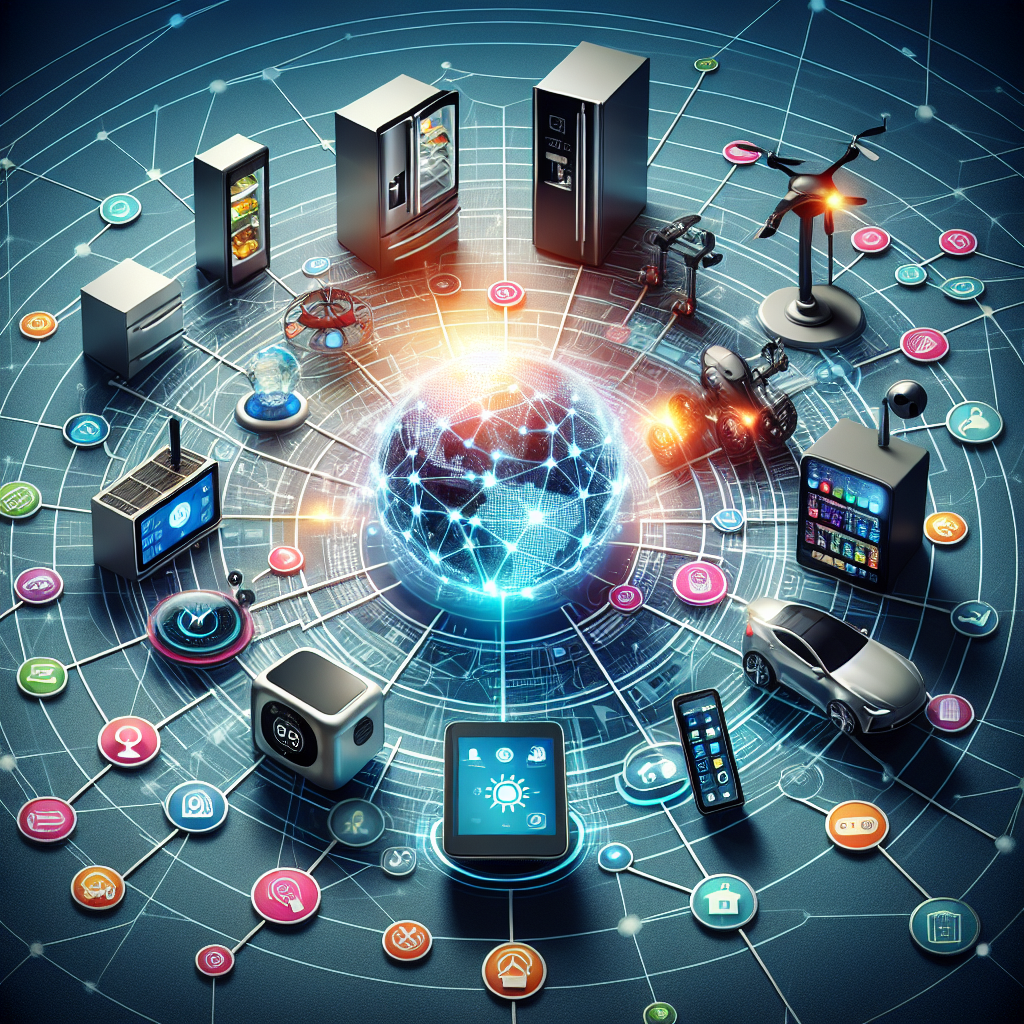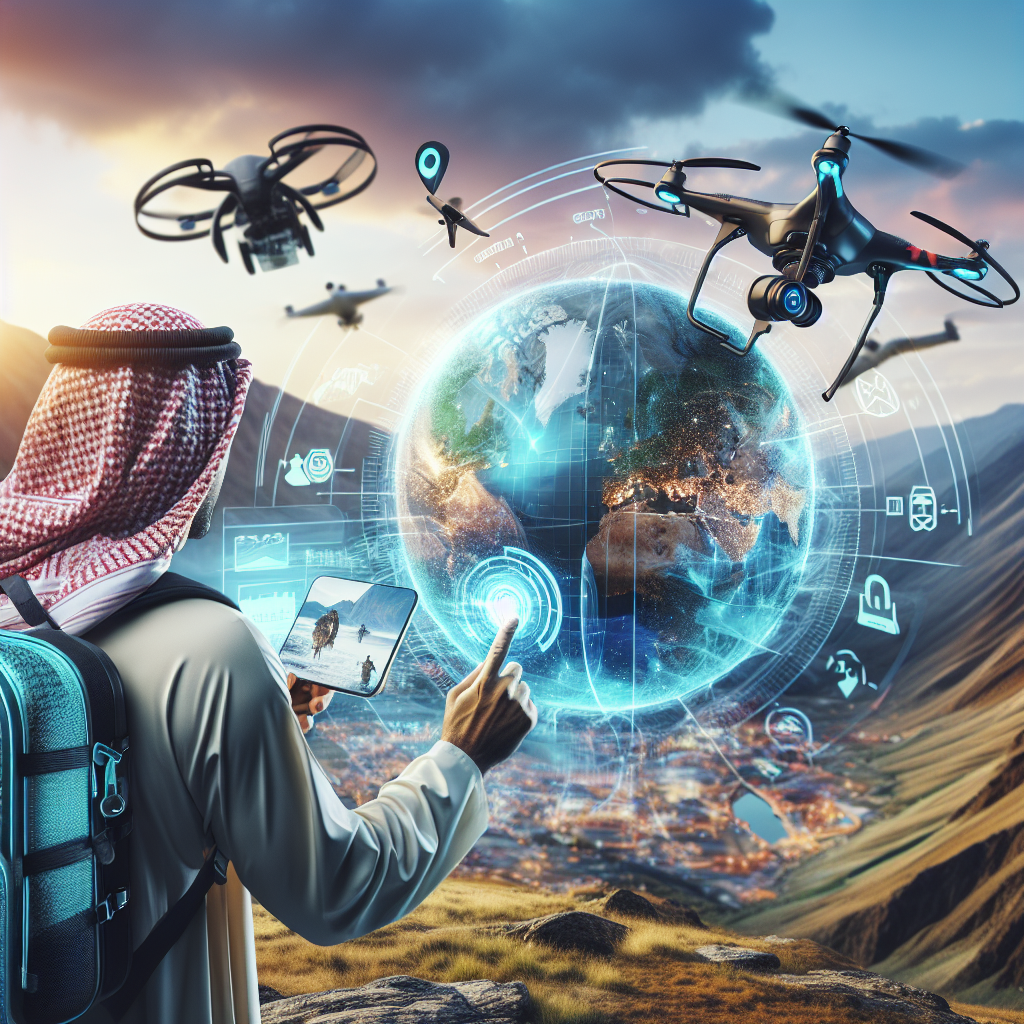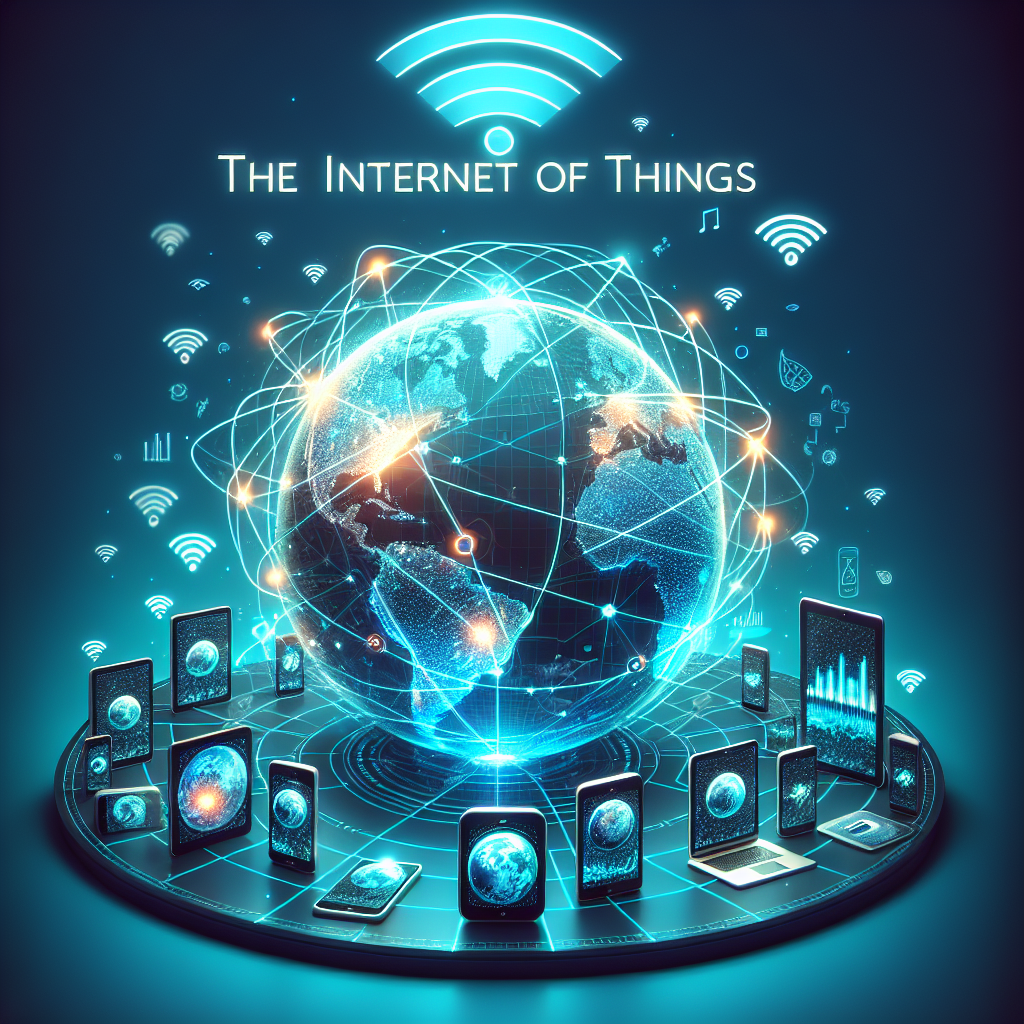The Internet of Things: How Smart Devices Are Changing Our World
In the dawn of the digital age, the Internet of Things (IoT) has emerged as a transformative force, orchestrating a significant shift in how we live and interact with the world around us. With an ever-expanding ecosystem of connected devices, from refrigerators that monitor and reorder groceries to smartwatches that track our health in real-time, the IoT is not just a futuristic concept but an active participant in our daily lives.
Understanding the IoT Ecosystem
At its core, the Internet of Things refers to the network of physical objects embedded with sensors, software, and other technologies to connect and exchange data with other devices and systems over the internet. This interconnected web is designed to harness the power of data, driving efficiency, improving decision-making, and enhancing the quality of life.
Smart Homes: The Heart of IoT
One of the most visible impacts of IoT is in our homes. Smart home technology includes devices such as smart thermostats, lights, security systems, and appliances, all controlled via smartphone apps or voice assistants like Amazon’s Alexa and Google Assistant. This connectivity not only provides convenience—imagine adjusting the thermostat from your office or receiving alerts when someone approaches your front door—but also supports sustainability by optimizing energy usage, thereby reducing utility bills and our environmental footprint.
Healthcare Revolution: IoT’s Lifesaving Potential
In the realm of healthcare, IoT devices are revolutionizing patient care and health management. Wearable devices like fitness trackers and smartwatches collect valuable health data, from heart rate and sleep patterns to blood oxygen levels. Remote patient monitoring systems enable doctors to track patients’ conditions in real-time, leading to more proactive and personalized care. Such innovations prove crucial in managing chronic diseases, reducing hospital readmissions, and even remote consultation, thereby enhancing overall healthcare quality and accessibility.
Industrial IoT: Enhancing Efficiency and Productivity
The industrial sector also stands to gain immensely from IoT technologies. Industrial IoT (IIoT) involves integrating IoT with manufacturing processes, leading to what many call the Fourth Industrial Revolution or Industry 4.0. Sensors and connected machinery provide real-time analytics and automation, predict equipment failures, and optimize supply chains. This transforms traditional manufacturing processes into smart factories, where efficiency and productivity reach unprecedented levels. Companies can leverage these insights to prevent downtime, improve safety, and reduce operational costs.
Smart Cities: Building a Connected Future
On a grander scale, IoT is pivotal in developing smart cities. These urban centers utilize IoT to manage resources more effectively and improve the quality of life for residents. Smart traffic management systems alleviate congestion by using real-time data to optimize traffic lights. Intelligent waste management systems ensure waste collection processes are as efficient as possible. IoT-controlled lighting systems reduce energy consumption by adjusting based on the presence of people. In essence, smart city initiatives deploy IoT to address urban challenges, fostering cities that are more livable, sustainable, and economically vibrant.
Challenges and Future Outlook
While the IoT offers numerous benefits, it is not without challenges. Privacy and security are significant concerns, as the proliferation of connected devices increases the potential for cyber-attacks and data breaches. Additionally, the interoperability of diverse IoT devices, ensuring they seamlessly communicate with each other, remains a technical hurdle. However, with advancements in encryption, authentication, and regulatory standards, the IoT landscape is gradually becoming more secure.
Looking ahead, the future of IoT holds immense promise. As 5G networks roll out globally, providing faster and more reliable internet connectivity, we can expect an even greater proliferation of IoT devices. Innovations in artificial intelligence and machine learning will further enhance the capabilities of IoT systems, enabling more sophisticated and intuitive interactions.
Conclusion
The Internet of Things is undeniably reshaping our world, embedding intelligence into everyday objects and systems. From smart homes and healthcare innovations to industrial efficiencies and the development of smart cities, IoT’s influence is pervasive, driving us toward a more connected and automated future. While challenges persist, the ongoing advancements and growing ecosystem of IoT devices and technologies point toward a future where our lives are more efficient, convenient, and integrated than ever before.














Leave feedback about this
You must be logged in to post a comment.